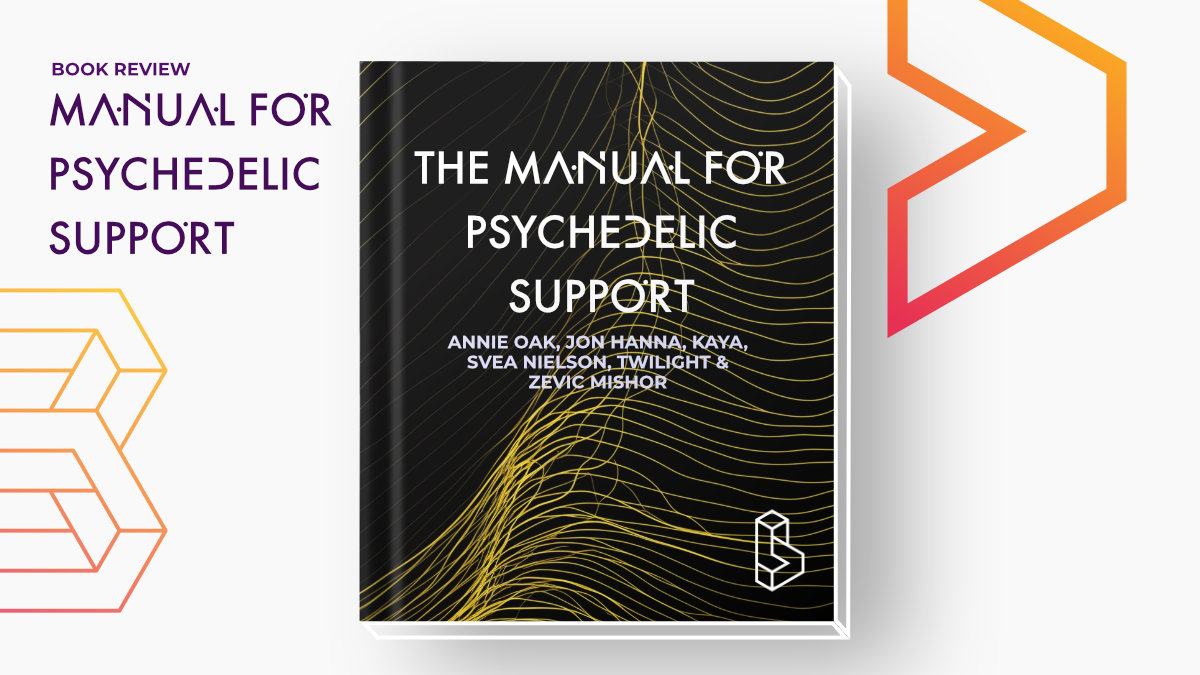The Manual for Psychedelic Support edited by Annie Oak, Jon Hanna, Kaya, Svea Nielson, Twilight, and Zevic Mishor is an extensive guide for establishing and operating compassionate care services for individuals experiencing challenging drug experiences at music festivals and similar events. Drawing from the expertise of over fifty contributors from diverse backgrounds, the manual covers all aspects of such projects, including preparation, training, logistics, and operations, and is freely available under a Creative Commons License for adaptation and non-commercial use.
Publisher Summary
“The Manual of Psychedelic Support is a comprehensive guide to setting up and running compassionate care services for people having difficult drug experiences at music festivals and similar events. The Manual grew out of the work of its original creators at KosmiCare, the psychedelic care service at the iconic Boom Festival in Portugal. Whilst psychedelic care services have been in operation for decades, and have grown in number and in scope in the past few years, a general guide on how to establish and run them did not exist in the public domain, nor indeed—beyond training manuals for specific organisations—at all. We envisaged a work that would address all aspects of such a project, containing material to guide the care service leader, team leads and carer givers, and those fulfilling vital supporting roles (such as psychiatrists and nurses) through the entire gamut of preparation, training, logistics, operations, and the wrap-up of a care service.
What started off as a small project grew into something much larger, involving over fifty people from around the world. These people came from all walks of life – psychiatrists, therapists, scholars, psychonauts, artists, and many more – all united by a common love and interest. Some brought deep knowledge and rich experience gained from work with KosmiCare in Portugal, with the Burning Man organisation in the United States, and from other groups worldwide. A core principle, from the beginning of this project, was that the Manual should be independent of any external organisation, its content open to adaptation (for example, utilised in training manuals for particular care services), and never to be used directly for commercial purposes. To this end, the work has been published under a Creative Commons License, and is freely available as a PDF download.“

